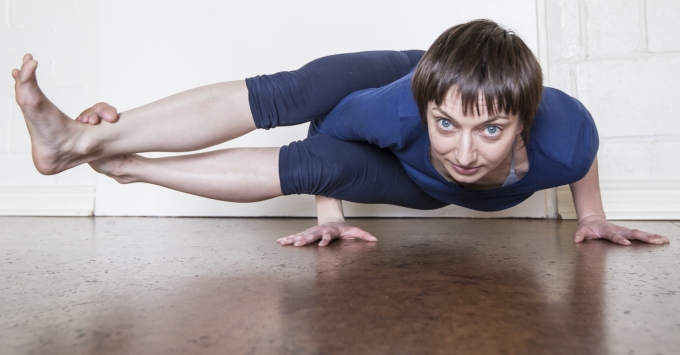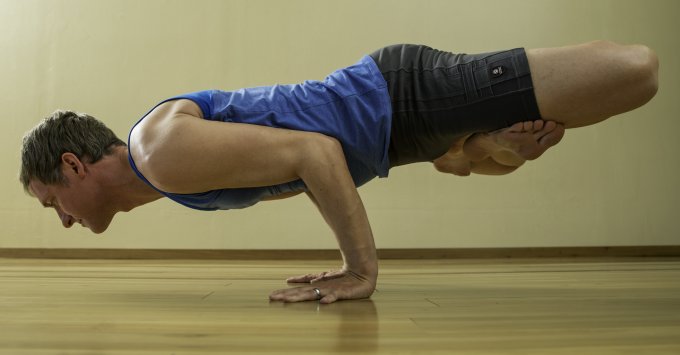
The Benefits of a Strong Core – On and Off the Mat
This is a guest post from Angela Regnier, to invite you to our January 23 workshop!
I often hear moans and groans in my Forrest-Inspired yoga classes when we are about to start the core sequences, but students regularly admit to me how beneficial and effective they really find them!
Here are a few reasons why core strength is so important:
Improve balance and stability –
By strengthening muscles in your lower back, hips, and abdomen, you will make every day activities and sports easier to enjoy. The transverse abdominis is an important and large muscle that yogis need to access. It is the deepest of all abdominal muscles that plays a huge role in supporting your posture – especially your pelvis and low back. Virtually every yoga asana (posture) and every movement you make in a day will improve with a stronger core.
Build digestive fire –
Some traditional yogic breathing exercises, such as kapalabhati and nauli, do much to activate...

